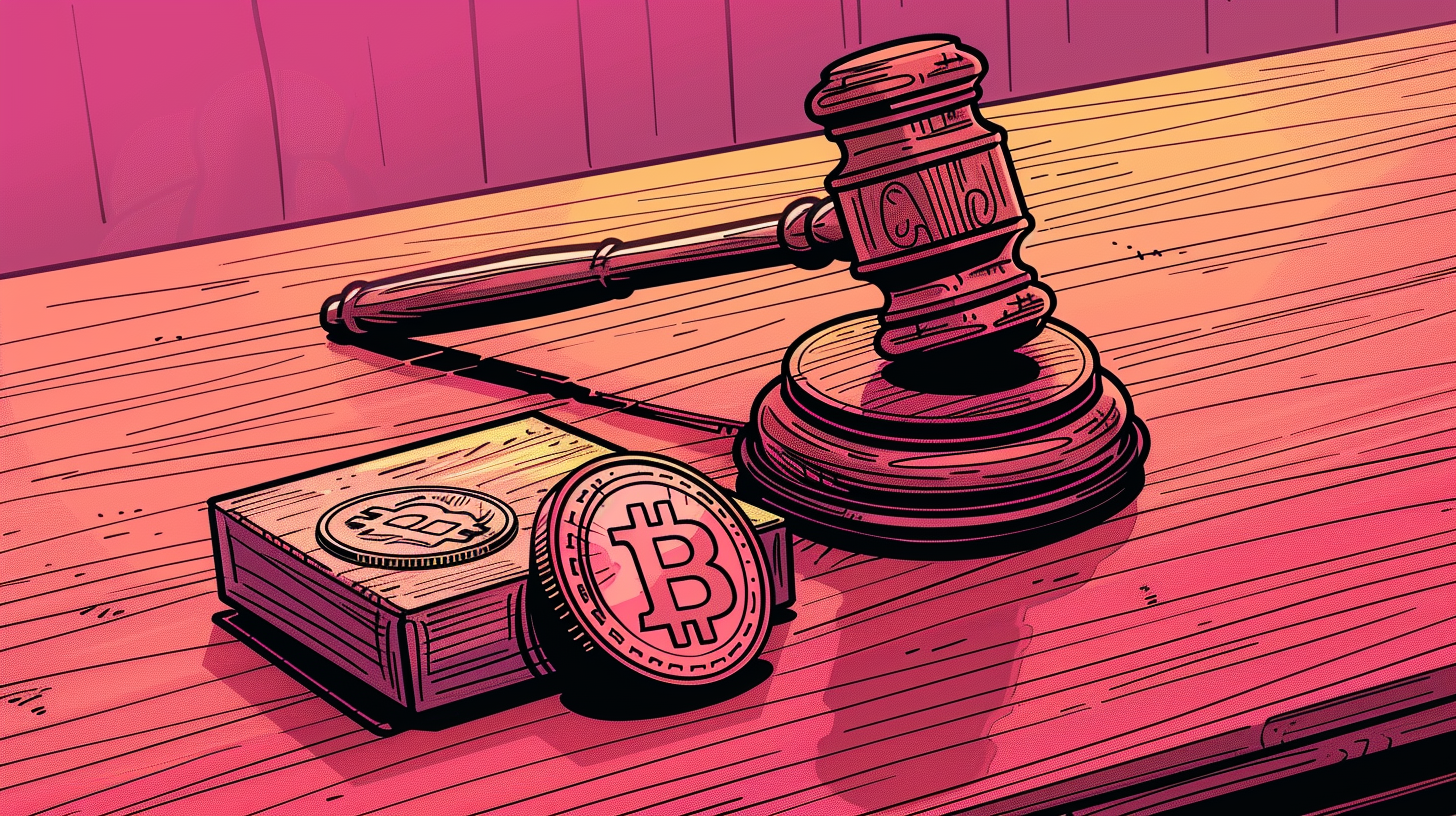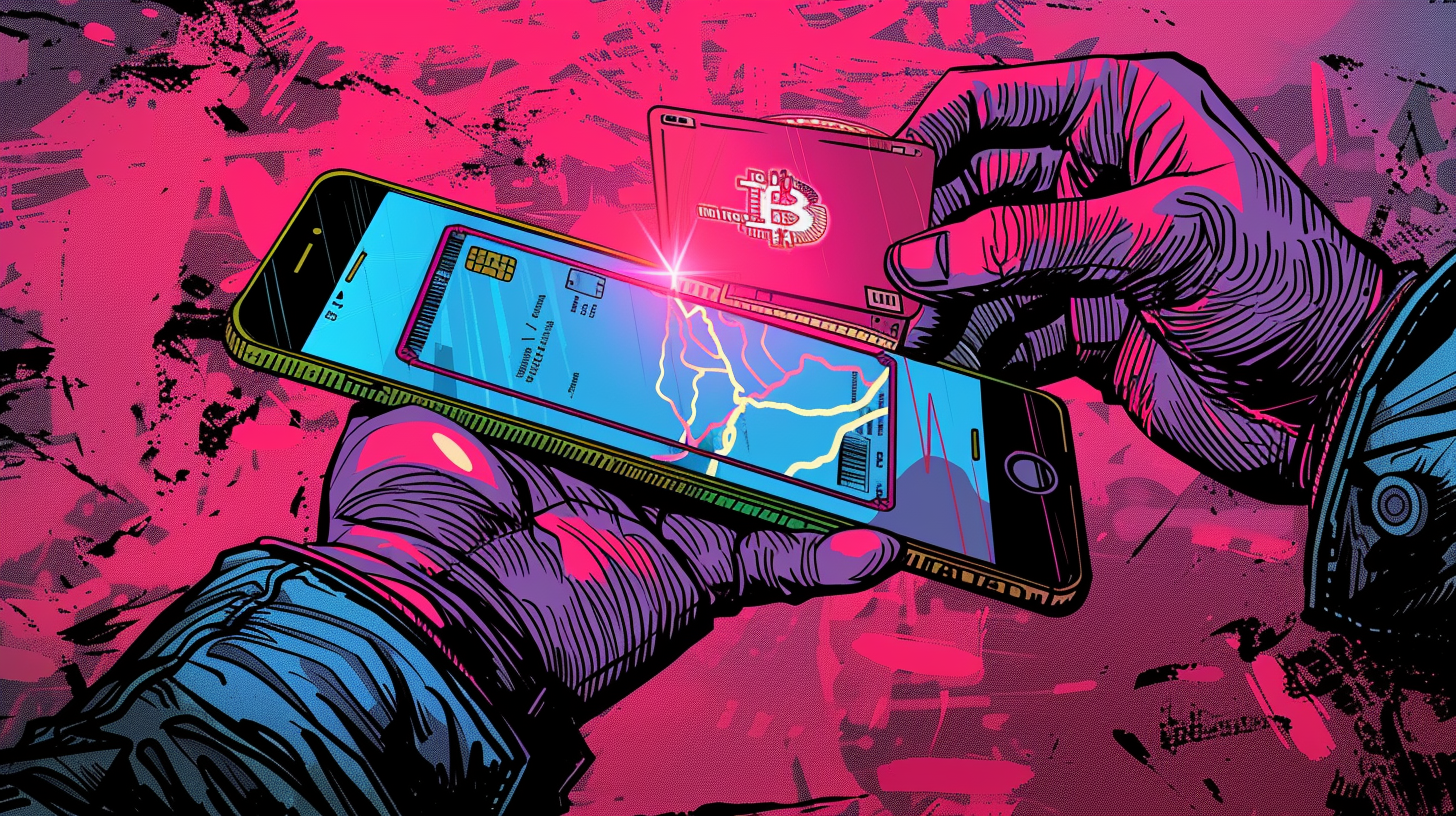Is Decentralised Decision-making Truly Democratic?

Decentralised Autonomous Organisations (DAOs) have emerged as significant players in finance, creative industries, and organisational governance. Built on blockchain technology, DAOs promise a transparent, decentralised alternative to traditional hierarchies by granting decision-making power directly to token holders through voting processes. Yet, as their popularity grows, important questions about their effectiveness and fairness arise: does decentralisation truly lead to democratic governance?
Tokenomics and Voting Power
At the core of DAO governance lies the distribution and use of governance tokens, which dictate voting power. However, uneven token distribution often concentrates power in the hands of a few wealthy stakeholders—commonly referred to as "whales". High-profile DAOs like MakerDAO and Uniswap have faced criticism for votes swayed by dominant token holders, causing concerns that decentralisation in these instances may mirror traditional structures, rather than offering genuine democratic participation.
To mitigate this issue, some DAOs have adopted alternative methods such as quadratic voting—where the voting strength decreases proportionally with the size of one's holdings—or reputation-based governance systems, rewarding active contributors over wealthy speculators.
Transparency vs Efficiency: A Delicate Balance
While transparency in DAOs promotes trust and fairness, it can also introduce inefficiency and decision fatigue. Detailed deliberations, often visible to all members, can result in prolonged discussions and delayed actions. Contributors may become disengaged, overwhelmed by constant voting and debates. Striking a balance between thorough participation and timely decision-making remains one of DAO governance’s most pressing challenges.
Legal Challenges and Future Prospects
Compounding governance issues are legal and regulatory uncertainties. Currently, jurisdictions like the UK, the EU, and the US are evaluating frameworks for DAOs, raising critical questions about compliance, liability, and accountability. The absence of unified global regulations makes navigating these challenges complicated and potentially risky for DAO participants.
Despite these hurdles, success stories exist—DAOs demonstrating clear governance, active community participation, and robust systems. Looking forward, hybrid governance structures and decentralised identity solutions may further enhance transparency, accountability, and balanced participation.
Ultimately, the potential of DAOs to achieve democratic governance hinges on resolving their current complexities and evolving collaboratively. Only by addressing these challenges can DAOs genuinely fulfil their promise of truly democratic decision-making.





